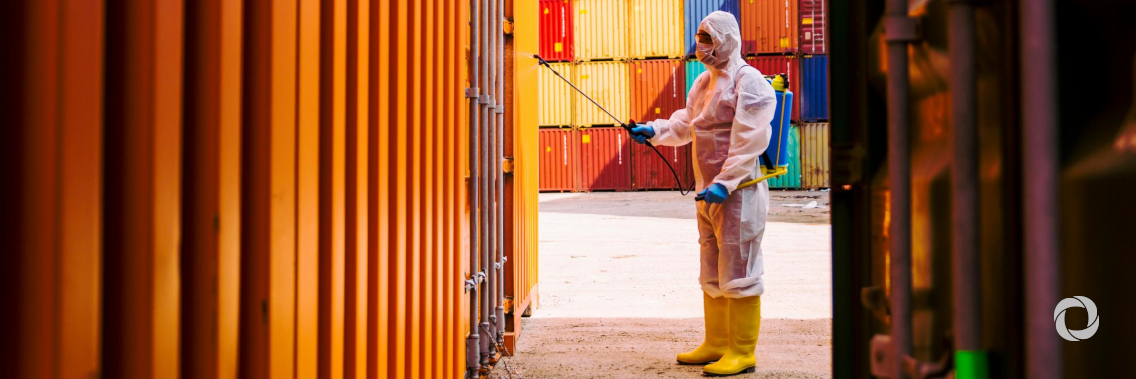Trade-restrictive measures imposed by G20 governments have reached historically high levels, a trend that has only increased with the pandemic.
Worldwide, supply chains are also constricting, and some countries are promoting reshoring of production due to both technological change and more inward-looking trade and economic policies.
As experts and world leaders assess the intricate supply chain vulnerabilities of our essential goods following COVID-19-related trade restrictions, opportunities arise to realign the structure and substance of trade rules to respond to rising inequalities, climate change, and frustrations with trade’s role in development.
That is ironically the call made by the UN’s 2030 Agenda for Sustainable Development to achieve its Sustainable Development Goals (SDGs), as recently reiterated at the World Trade Organization (WTO).
These developments occur at the same time that WTO reforms are on the table as its negotiation and adjudication functions have been weakened by the ongoing U.S.-China trade wars.
This provides a rare opportunity to rethink the way our international trade treaties are negotiated, designed, and implemented, as well as strengthen the links between trade and development.
UNCTAD proposes a new approach in three areas so trade can be a true engine for sustainable development and is (1) better aligned with the economic and social development priorities and environmental commitments in the SDGs, the Paris Agreement, and the Sendai Framework for Disaster Risk Reduction; (2) developed and implemented through more transparent and participatory processes; and (3) differentiated and tailored to countries’ specific needs. This would require further research and investment in new and improved tools.
Original source: UNCTAD
Published on 20 July 2020

